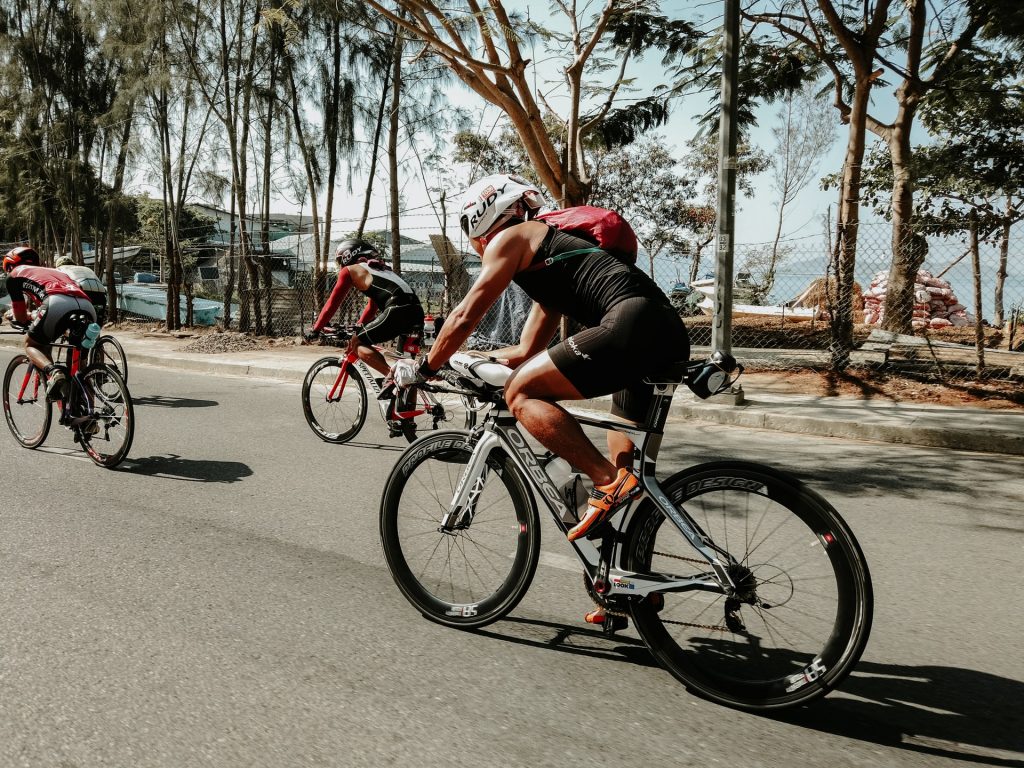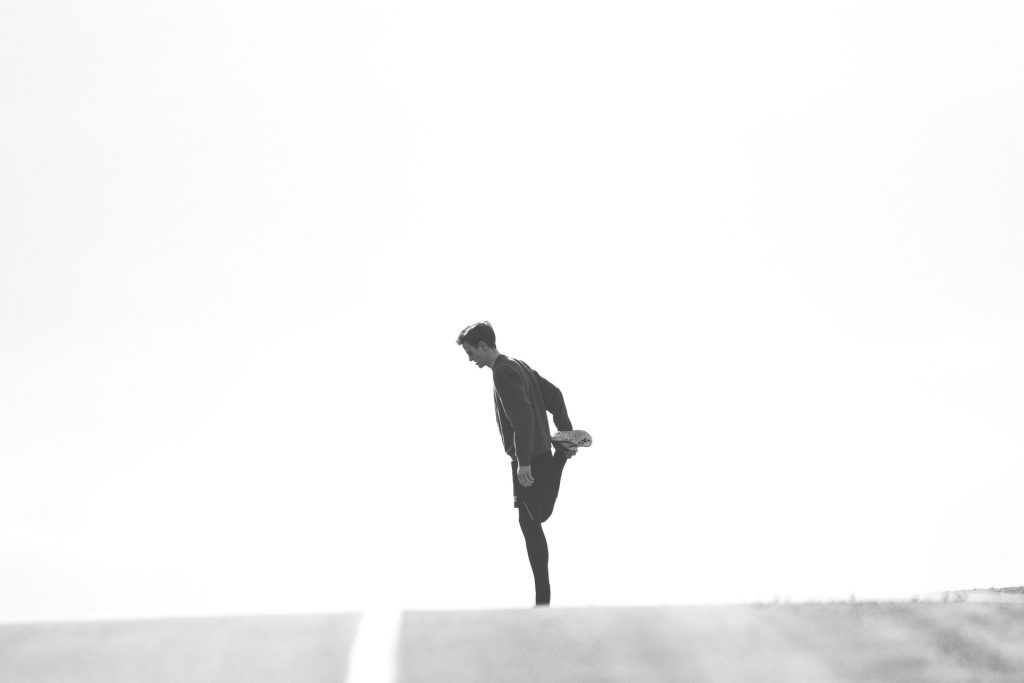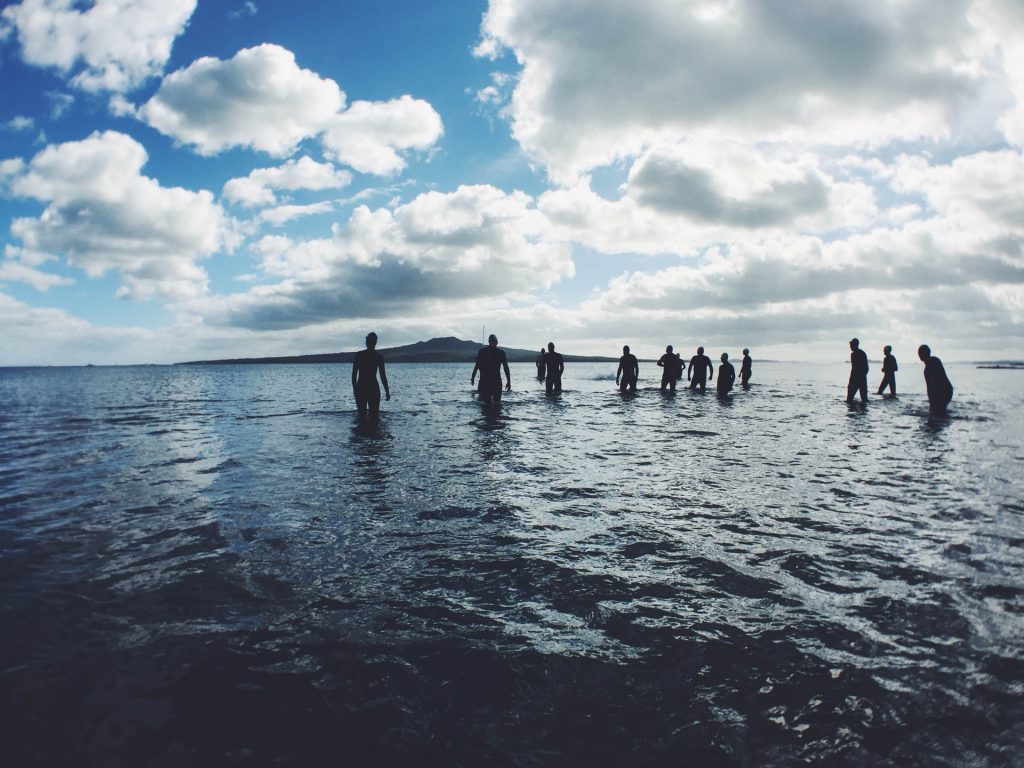Why do people do triathlons?
As part of his diploma training as a coach, Martin wrote his thesis on the sociological aspects of the wonderful sport of triathlon. With a great deal of heart and commitment, he produced a thesis that provides an exciting insight into the world of triathlon and its participants.
The aim of this thesis was, on the one hand, to analyze the sport of triathlon in depth and, on the other hand, to examine the athletes’ behavior and their motivations for taking up and participating in this sport. This was done both theoretically and empirically using two methods. On the one hand, a survey of 283 triathletes conducted in Austria served as an important source of information about their professional and social environment as well as their health status in relation to their personal circumstances. On the other hand, the expert interview with Julie Moss provided a very in-depth and interesting insight into the world of triathlon. What makes this work special is that, as far as is known, no sociological treatise on this sport has ever been written in this form before.
In the theoretical part, Bourdieu discusses class affiliation in relation to sport. This class affiliation, which refers, among other things, to a person’s level of education, can be clearly seen in triathlon. A person’s level of education influences their choice of sport. Almost half of all triathletes have a university or technical college degree. This high level of education is characteristic of triathlon, even when compared with the results of other studies from Germany and the USA. Triathletes have greater economic opportunities than many athletes from other sports. Their monthly net income is well above the average income of an Austrian. This opens up numerous financial opportunities for investing in equipment, a personal trainer, or travel to competitions and training camps. Expenditure on personal sports equipment, entry fees, etc. averaged between €2,000 and €4,000 last year (2017).

photo by Tony Pham on Unsplash
The system in which a triathlete practices their sport consists of heterogeneous influences that affect each individual in different ways. The partner relationship, in which three-quarters of those surveyed live, has an impact on sporting behavior. After all, 42% of partners also practice this sport. In addition, in almost 80% of cases, partners who do not actively participate in a triathlon are on site to provide support during a triathlon race.
According to their own statements, most triathletes say that very basic values play a major role in their participation in this sport. The enjoyment of exercising in nature, training for their own physical well-being, and finding a balance to their daily work, which is mostly full-time, are the top priorities for the majority. The reasons given by over 80% of participants for testing or improving their performance can also be understood as a reflection of a performance-oriented society. In this regard, the statements about feeling the need to train and irritability when not exercising can provide additional clues. The average time of eight to less than ten hours reflects the large amount of time that these athletes (recreational athletes) invest in their own training. This makes triathlon one of the most time-consuming individual sports that can be practiced.
The gender imbalance in triathlon is an interesting and widely observed phenomenon. Julie Moss spoke in this context of changes (e.g., quota places in qualifications, etc.) that the sport of triathlon must undergo in the next ten years if this ratio is to be balanced. However, this paper did not pay enough attention to this fact to allow for a more detailed analysis and interpretation of the reasons behind this phenomenon.

photo by Abigail Keenan on Unsplash
The empirical data describes a typical triathlete competing in Austria as follows:
The triathlete is …
- … male
- … between 30 and 39 years old
- … in a relationship
- … does not (yet) have children
- … highly educated, usually with a university degree
- … employed full-time
- … earns a net monthly income of between €2,000 and €3,000
If you would like to read the entire paper or have any questions, please contact Martin at martin@triathloncoaching.at
